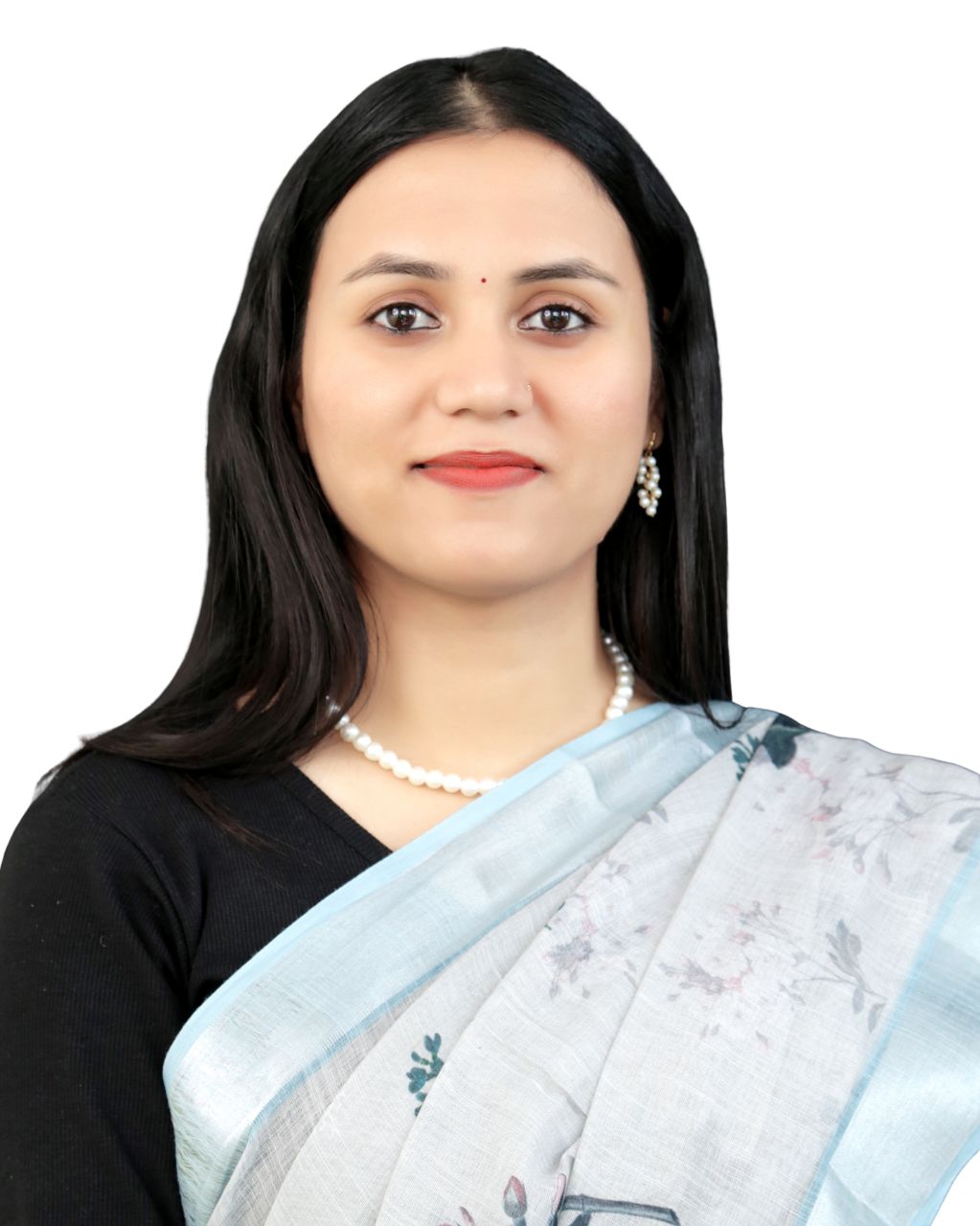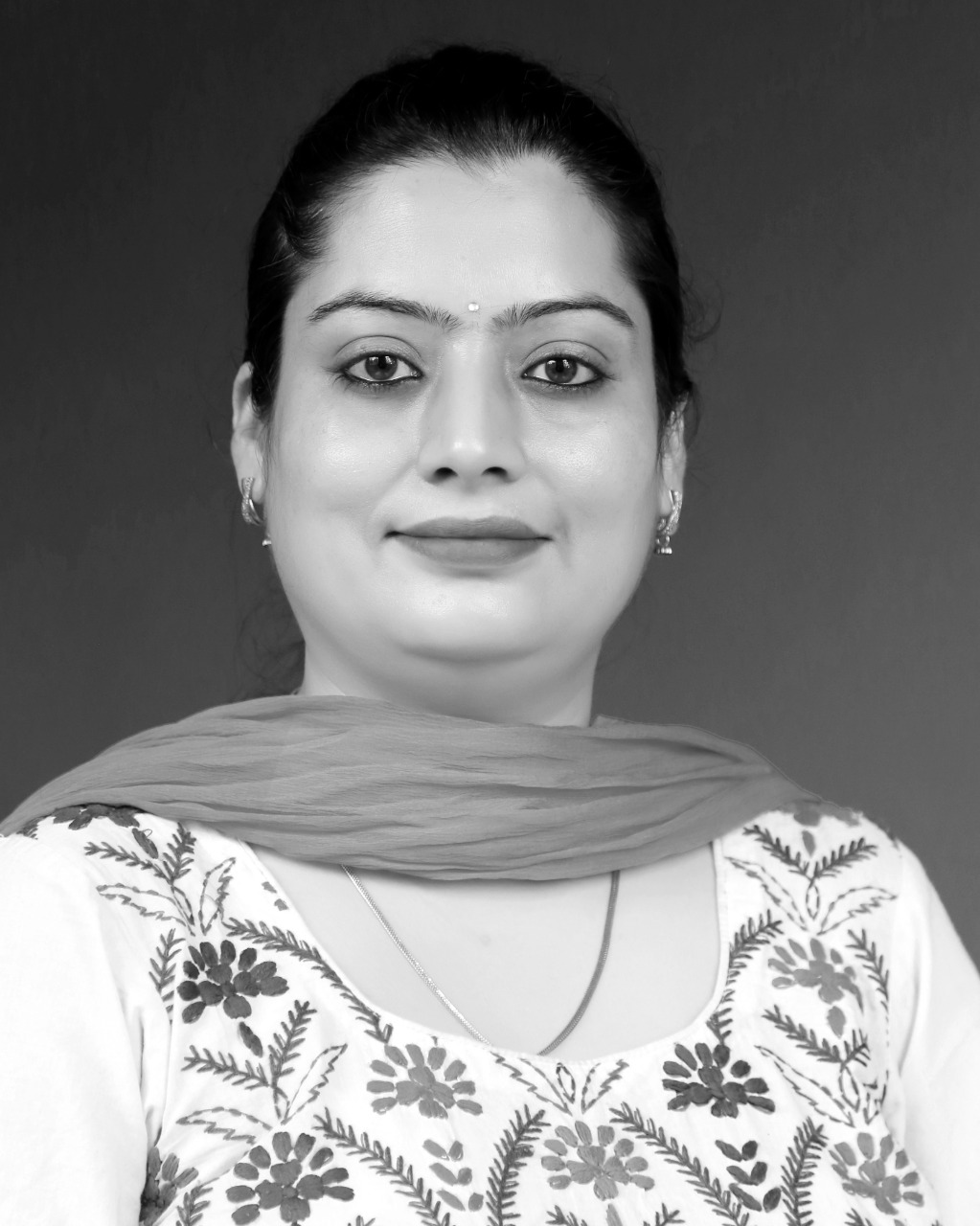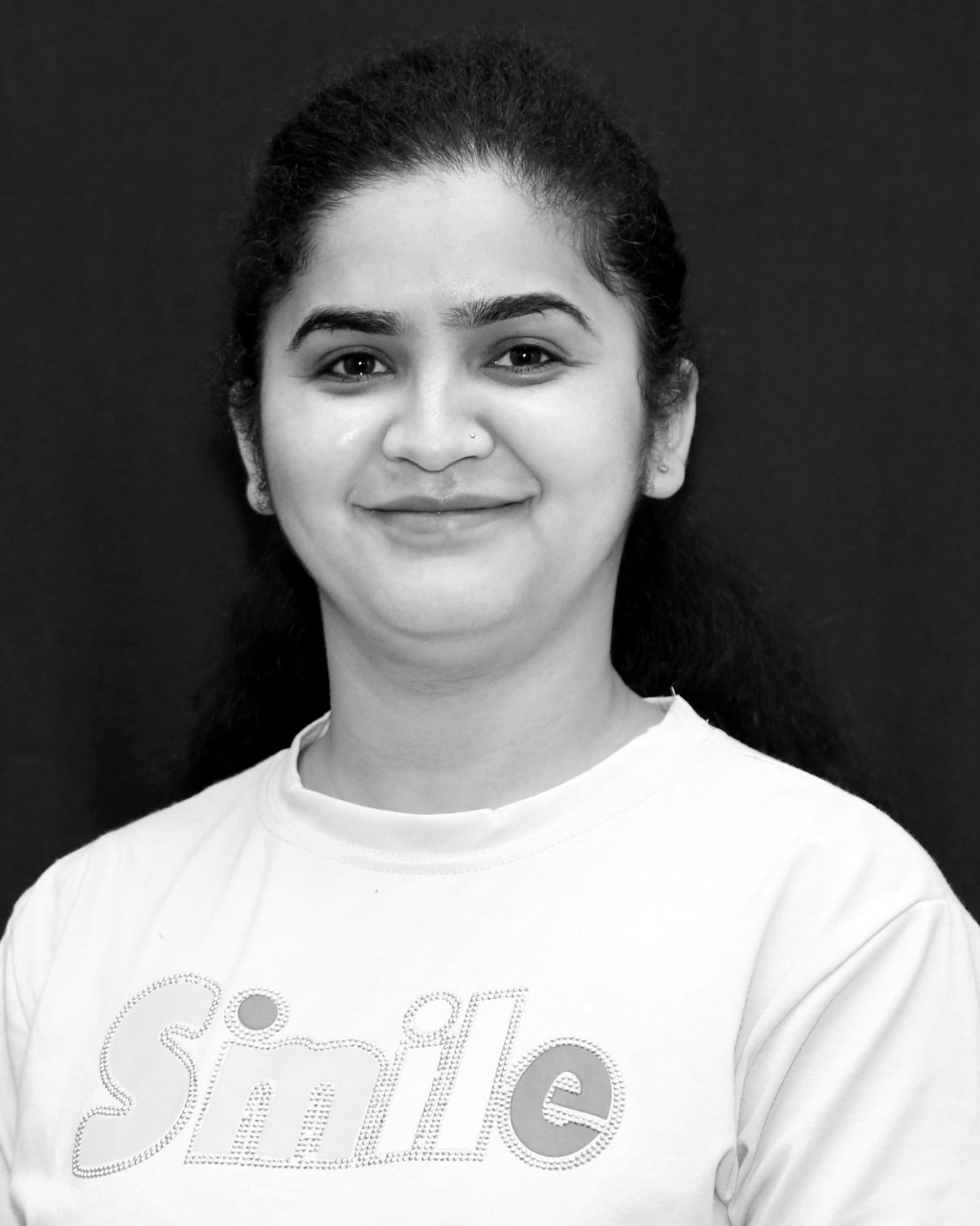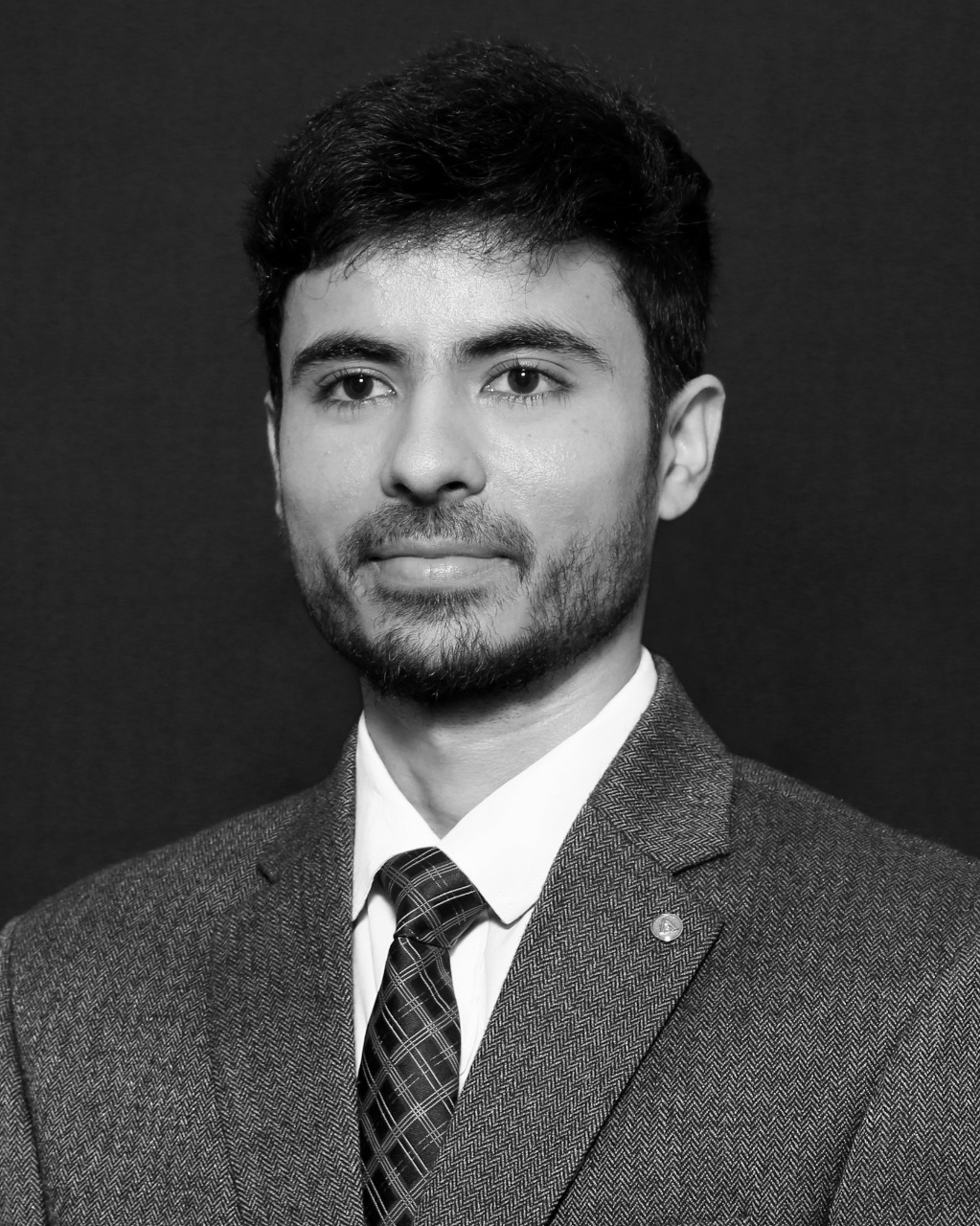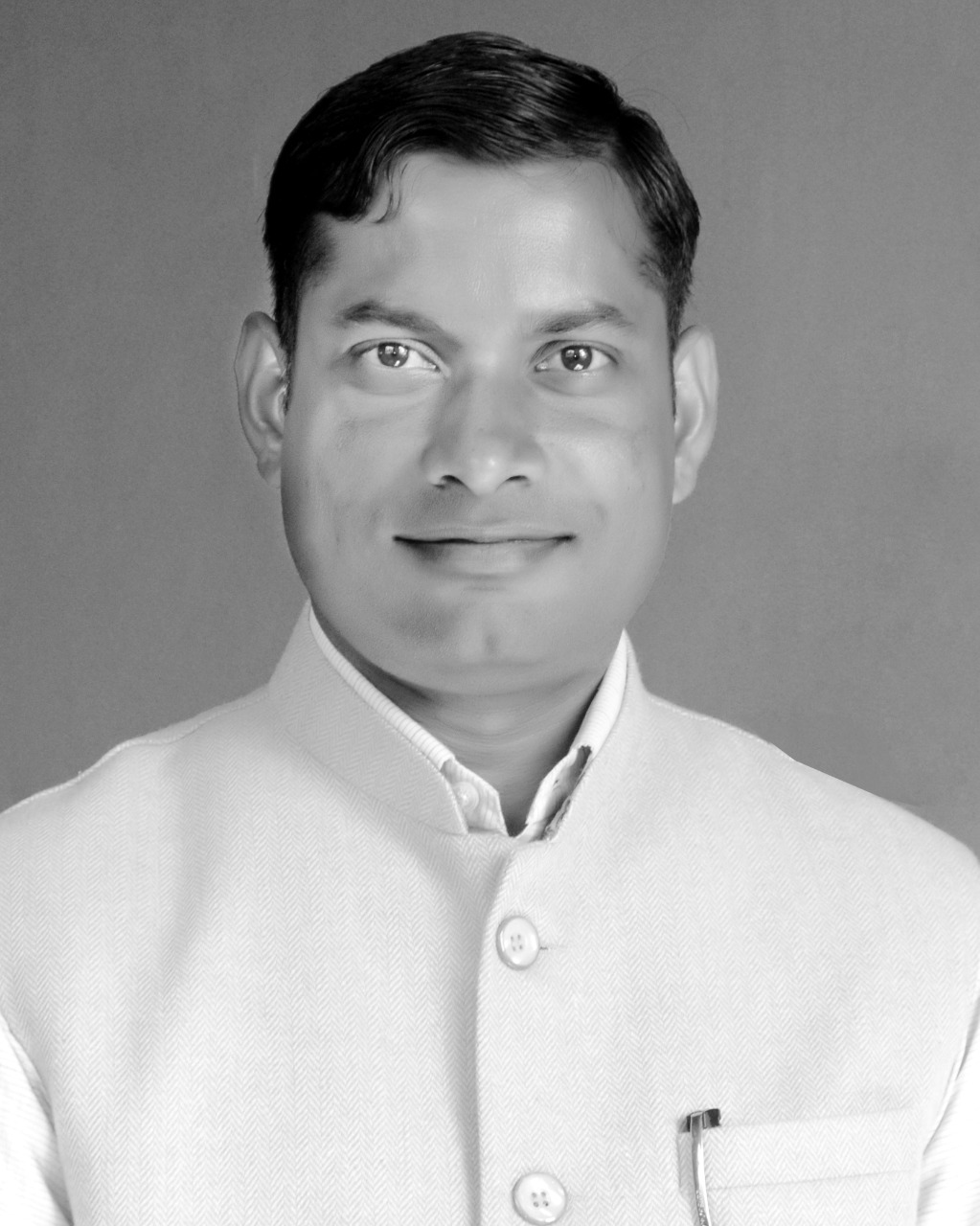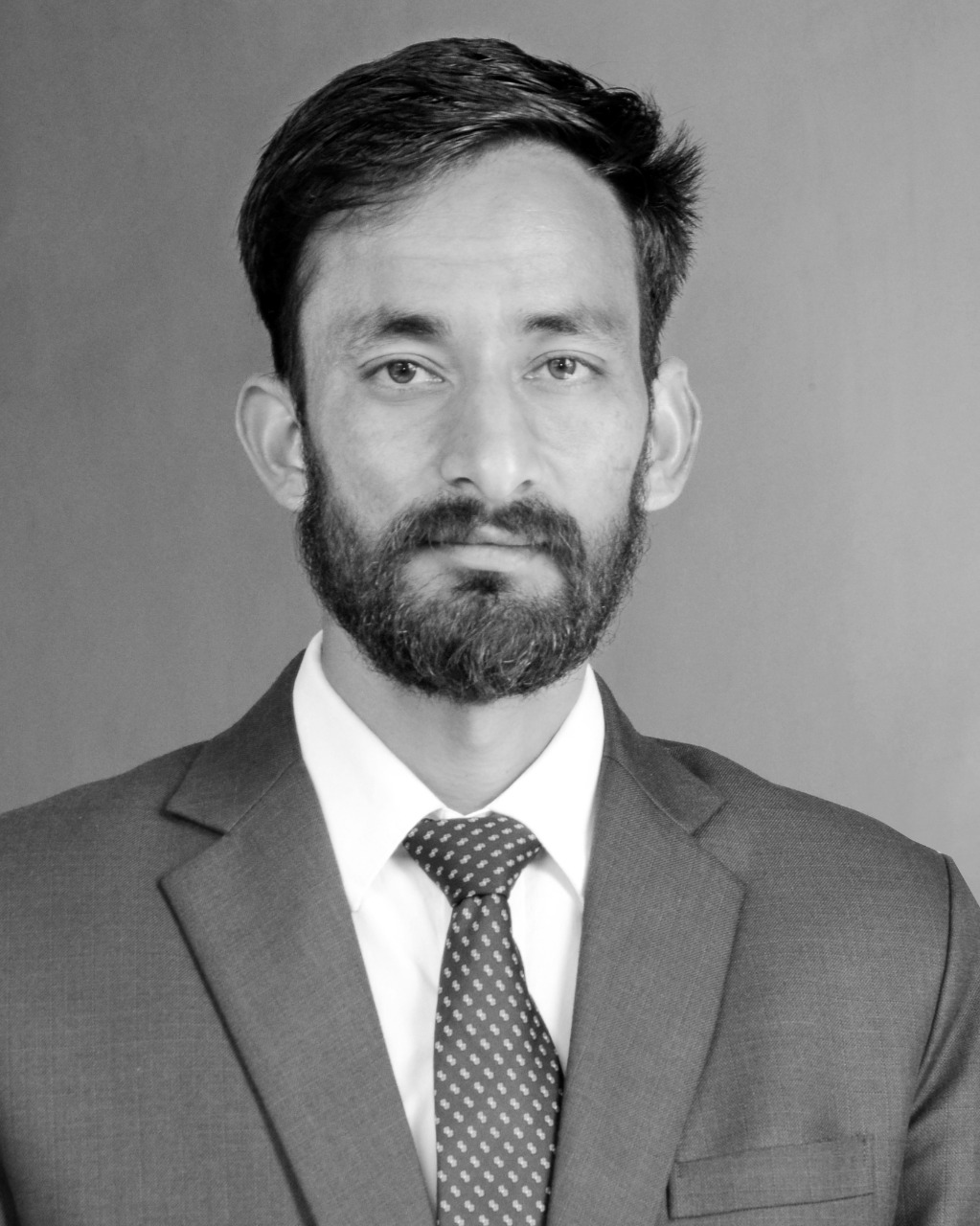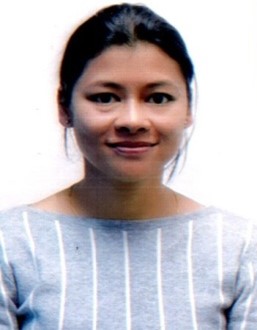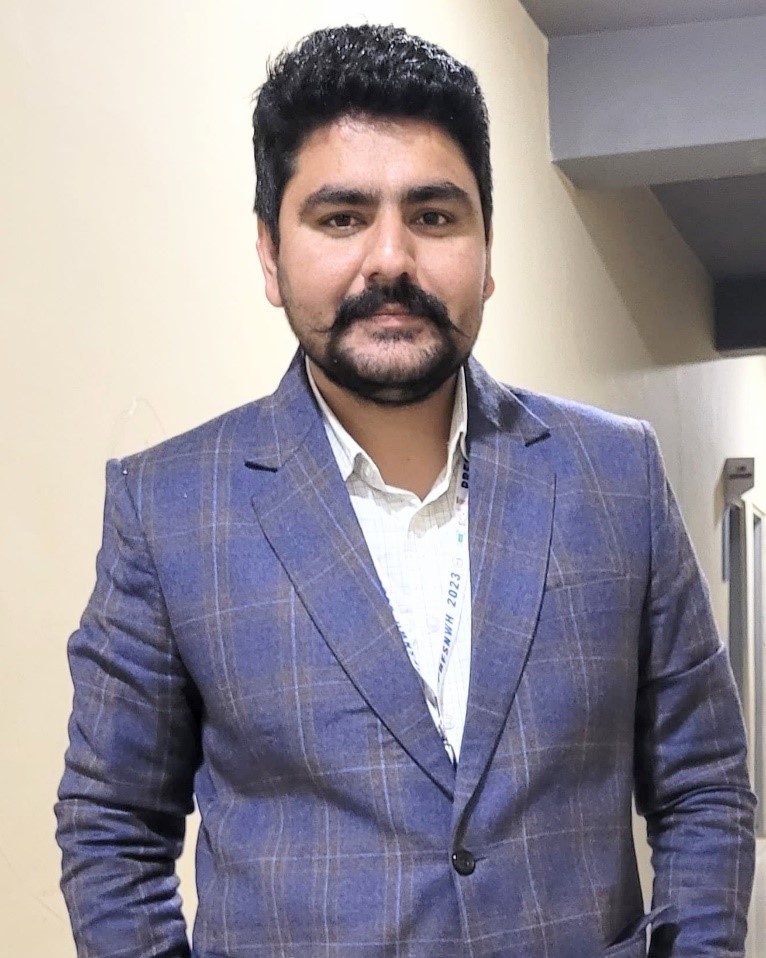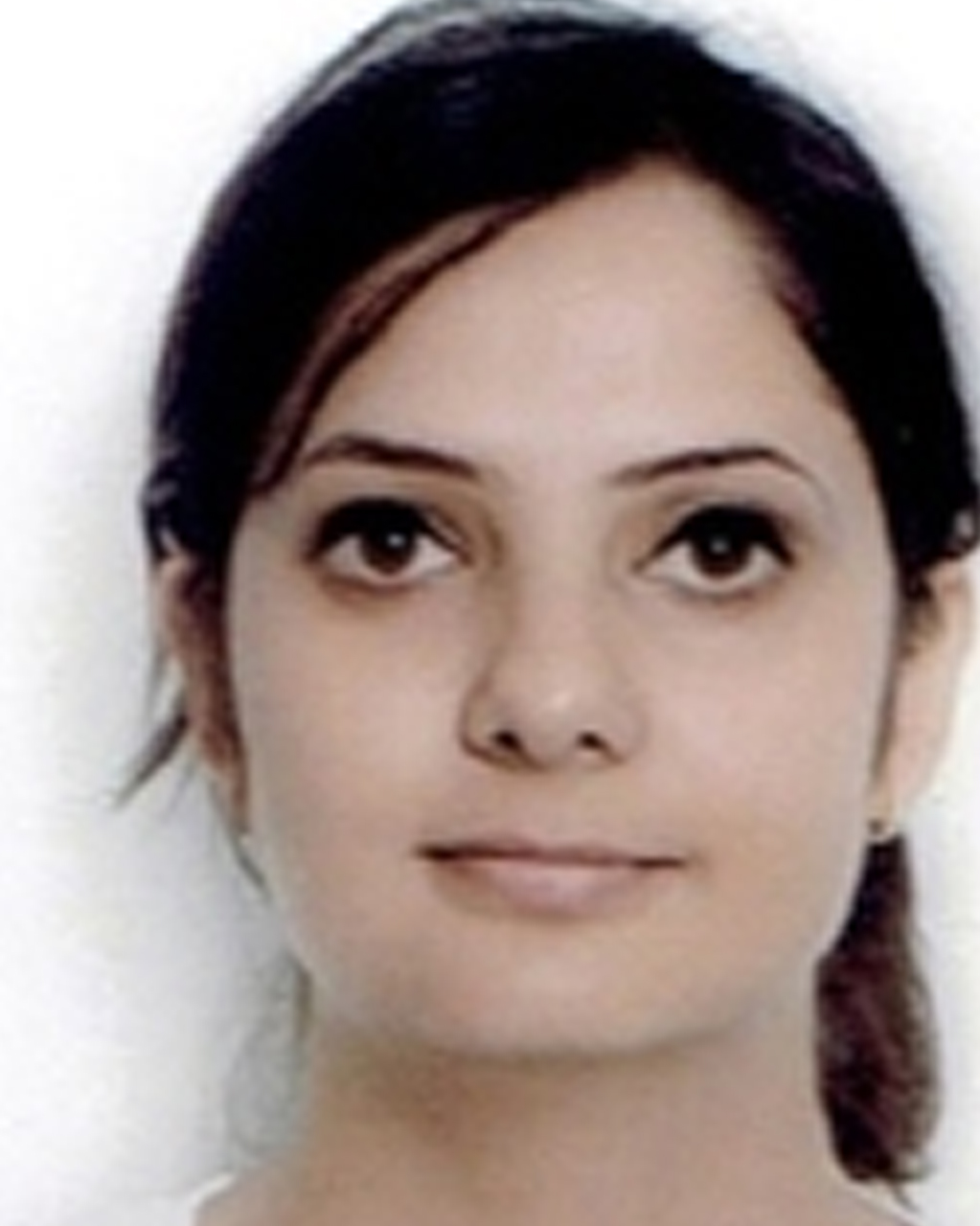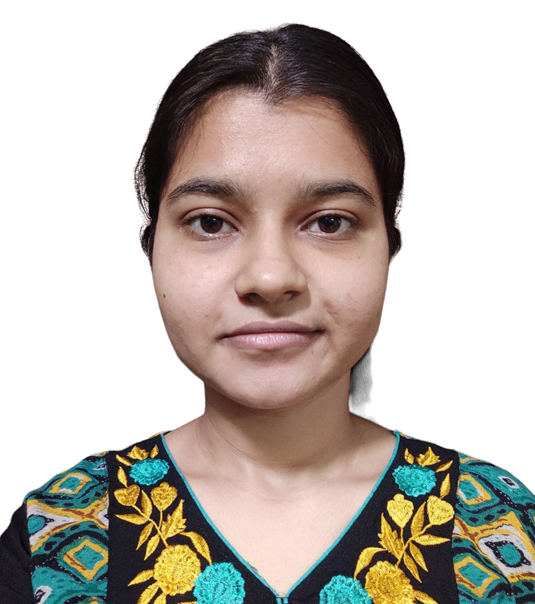PhD Agriculture
Eligibility : Four year graduation degree by research or Master’s degree in related discipline with minimum 55% marks
- Duration : 3 Years
- Admission Criteria : Shoolini University's multiple choice entrance test, and assessment of research aptitude through concept note & faculty interaction
PhD Agriculture is a program at Shoolini University that involves the study of plants and animals and how they are raised for the production of consumable products. The curriculum comprises the study of biological processes, geology and soils, the history of agriculture, and farming technologies. Doctorate students can choose a specific focus area, such as specific plants, dairy and poultry, small-scale agriculture, agricultural economics, genetic modification, or future development.
Students learn to plan, design and execute projects and productive agrarian processes. They also undertake projects in agronomic engineering that are related to animal and vegetation production. Scholars learn how to develop modern methods of plant breeding and seed production by using technological advancements.
Research scholars are mentored by faculty passionate about agriculture and conducting high-impact research. The internationally acclaimed faculty comes from leading Indian and global universities such as Oxford, NIH, and NCI. Many faculty members have received grants from national and international funding agencies.
The university collaborates with renowned universities worldwide for student exchange programs, faculty exchange, and more. Prominent among these are the University of Arkansas, USA; Lanzhou University, China; University of Naples, Italy; Taipei Medical University, Taiwan; Gachon University, South Korea; South Dakota Mines University, USA.
Shoolini University is UGC Approved and NAAC Accredited.
Specialisations
- Agronomy
- Agricultural Extension Education
- Entomology
- Plant Pathology
- Soil Science
- Plant Breeding & Genetics
Highlights
- Emphasis on scientific agriculture with focus on resource-use efficiency.
- Academic collaborations with universities in USA, UK, Korea, Taiwan, etc.
- Highly acclaimed faculty with national and international exposure
- Shoolini University farmland near campus works as a crop cafeteria for day-to-day field practical lessons.
- Component of animal husbandry with a small-scale milk unit set up to enable practical learning.
- Cultivation of vegetables and medicinal plants done at Kalaghat Farm for research and demonstration purposes.
- Instructional farms of Shoolini University are used to grow seasonal crops as per their importance in the course curriculum.

Global Links
Academic collaborations with universities in USA, UK, Korea, Taiwan, etc.
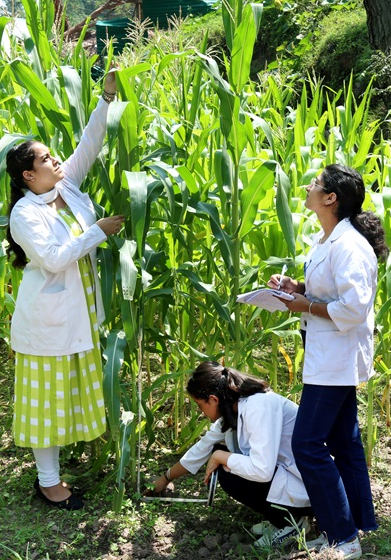
Real-Life Projects
Crop cafeteria and milk unit for field practicals. Kalaghat Farm for research and demonstration purposes.
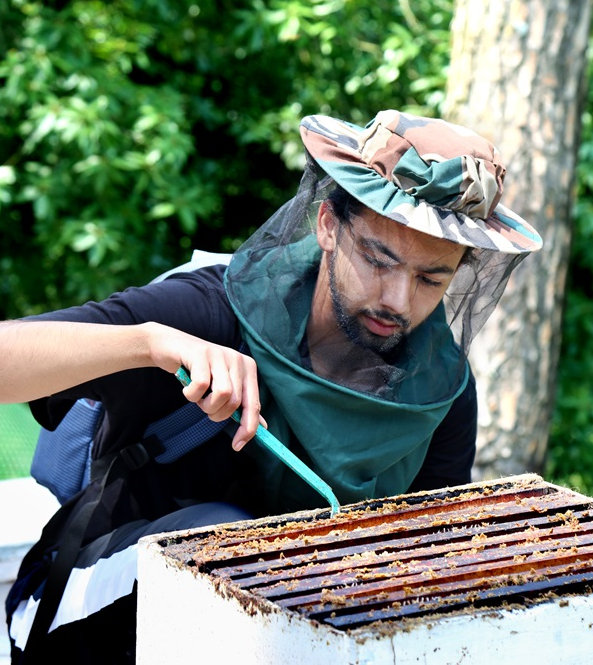
Agri-Careers
Diverse, high-paying career paths in sectors like agribusiness, agricultural research, and sustainable practices.
PhD Agriculture Career Opportunities
- Agronomist
- Agricultural Scientist
- Lecturer
- Agricultural Economist
- Farm Manager
- Research Associate
- Rural Practice Surveyor
- Soil Scientist
- Rural Practice Surveyor
Program Details
Top Faculty
Student Voices
Frequently Asked Questions
What are the future opportunities after completing PhD Agriculture from Shoolini University?
Completing PhD Agriculture from Shoolini University opens doors to various job profiles including Agronomy Officer, Area Sales Manager, Agronomist, Subject Matter Specialist, Corporate Agronomist, Rice Breeder, Soil Scientist and Agricultural Engineer.
Is practical training a part of PhD Agriculture?
Yes, students are trained in paper writing and preliminary research during the doctoral program. They participate in extension activities where they share knowledge with farmers through field visits. Shoolini University has a crop cafeteria for day-to-day field practicals, a small-scale milk unit, Kalaghat Farm for research and demonstration purposes as well as instructional farms to grow seasonal crops as per the course curriculum.
What are the placement opportunities available for students who have completed PhD Agriculture at Shoolini University?
Our fully functional placement cell, run by experts, has tie-ups with various industry giants who visit Shoolini’s campus during Placement week for on-the-spot Placements. Our 'Mission 130' aims for 100 per cent employability of students with 30 per cent in the top companies.
Why should I pursue a PhD from Shoolini University
Shoolini University is India’s No.1 research university. It follows a unique One Student, One Patent policy that encourages all PhD students to focus on real research and innovation. The university has more than 104 modern labs to support your work. Shoolini researchers are also listed among the top 2% scientists in the world by Stanford University. With 250+ international collaborations, you can work with global experts and institutions.
Latest Blogs
Explore the latest insights and updates in our newest Shoolini University blogs!
Still have Queries? Contact Us
Please fill in the form and an expert from the admissions office will call you in the next 4 working hours.




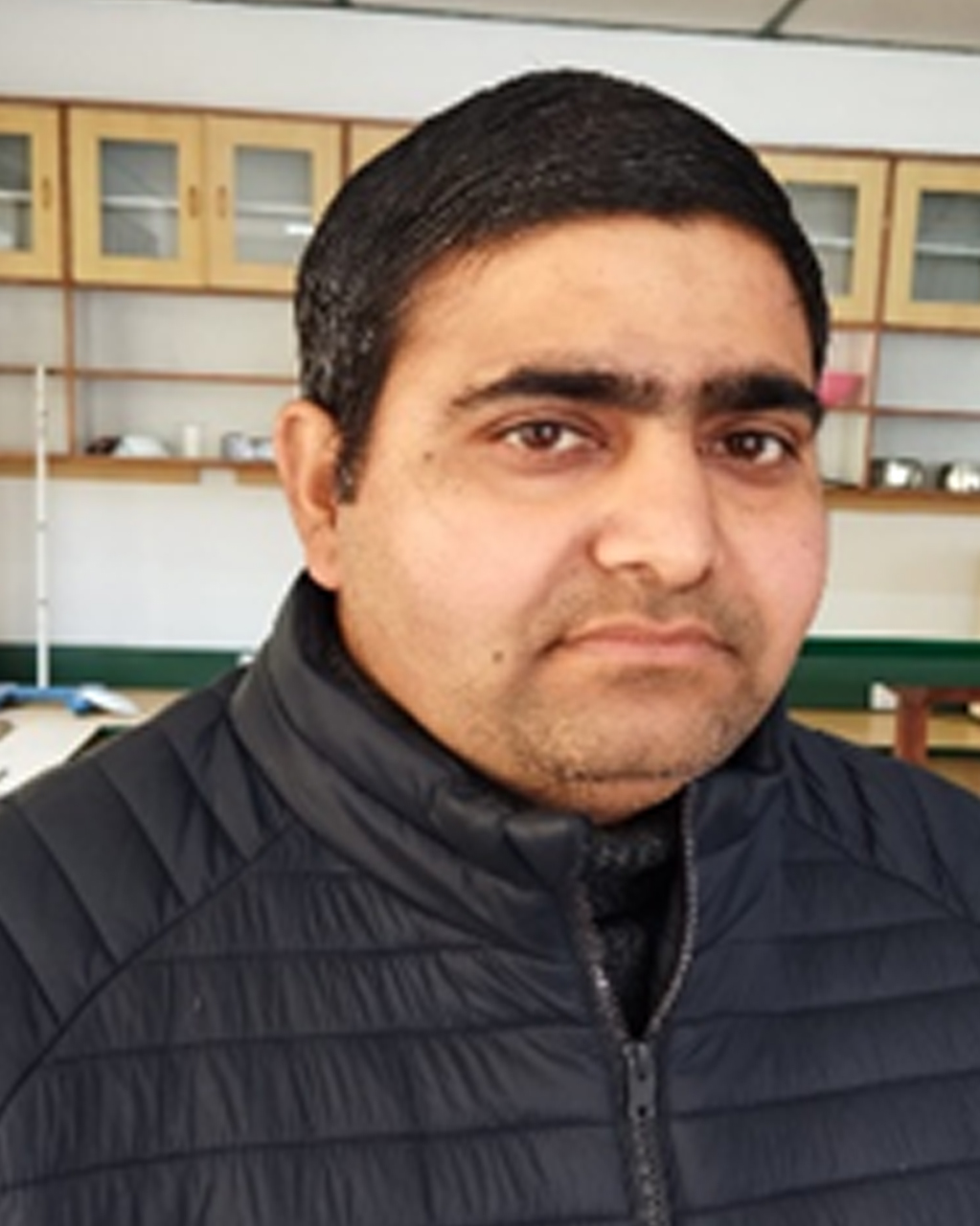
.jpg)
